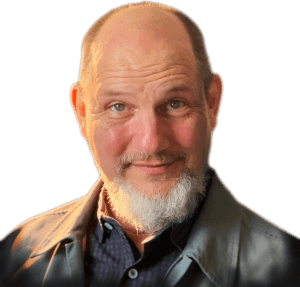 “Paint what you know,” is a common piece of advice to those entering any artistic discipline. That’s why my first novel (The Fishfly) was semi-autobiographical. I write (and paint and act) about things I know. But I also write and paint and act about things I want to know more about. I ask questions and I venture an answer, based on observation. Each stroke, word or gesture is an exploration, a quest for observable knowledge.
“Paint what you know,” is a common piece of advice to those entering any artistic discipline. That’s why my first novel (The Fishfly) was semi-autobiographical. I write (and paint and act) about things I know. But I also write and paint and act about things I want to know more about. I ask questions and I venture an answer, based on observation. Each stroke, word or gesture is an exploration, a quest for observable knowledge.
“I paint things as they are. I don’t comment.” Henri de Toulouse-Lautrec
I say, “this is what I know right now.” I don’t claim it as the ultimate truth. It is always my point of view; my experience acts as a filter and I make no bones about it.
As a realist painter my job is to let go of as much of my desire to invent, so that I might get closer to what God has put in front of me. As an “expressive realist” I strive to walk that line between observable reality and the imagination. I admire invention as much as the next fellow, but I make a point not to let my ego’s desire to invent interfere with my process of seeing. The inherent conflict between reality and our imagination is what leads to my best work.
When an artist chooses to give up his devotion to a higher power, we tend to think of them as more inventive or creative than someone who can’t or won’t. I’m not sure how fair this assessment is. Creativity for me, as a realist, is in how I express what I see — what I choose to include and not include. What is essential and what is not?
“I paint what I know” means I am looking objectively at a shape to be inspired by it’s exact envelope and color, my goal being to find the relative connection this shape has to other shapes, each having it’s own specific envelope and color (color = hue value and chroma). Painting then (drawing in color), is nothing more than a celebration of how shapes are connected. I am abstracting and distilling information into its essence; I am simplifying. In many ways, a good realist is more of an abstract artist than any “abstract” artist will ever be. The fact is, I have never painted a nose in my life. I paint shapes and colors, which when seen together in context, appear to be a nose. The worst realists are painting things.
So, I paint what I know by verifying that it is indeed the abstraction of what I have objectively observed. If I can’t do that, then I am no longer painting realism. To be sure, I’m not saying realism is in anyway better than any other genre of painting or writing. Many find realism a mechanical, and consequently entirely unworthy, pursuit, no more noble than typing or taking a photo. But if you want to paint what you see (honest observation), better paint what you know.

 Would you like 20% Off any product or service on ManiscalcoGallery.com?
Would you like 20% Off any product or service on ManiscalcoGallery.com?